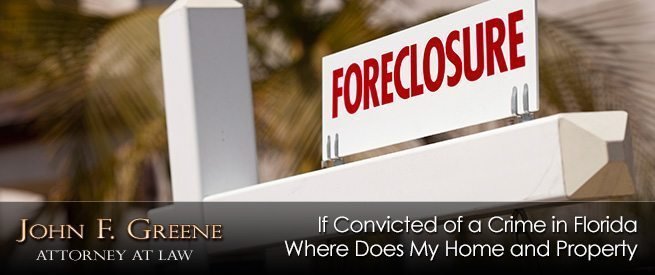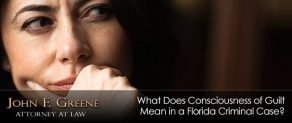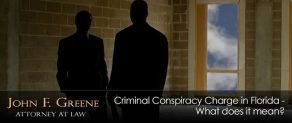
No one wants to hear the words “We find the defendant guilty!”
in a court room, but it happens to hundreds of people every day. And when that life-changing even occurs, a person might have a few days or weeks to adjust, or he may get put into handcuffs and incarcerated that very day. In both cases, the defendant’s life has changed dramatically, and his access to personal property and home have been or will be dramatically curtailed. The above said, life doesn’t stop just because someone goes to jail. Bills still have to paid, taxes are still collected, utilities still run until the accounts become delinquent.
What Happens to My Property When I Go to Jail?
Ideally, a defendant has a family member or spouse sharing the same property who can take care of things. However, where there is no immediate next of kin, or even a close friend, a person will need to make arrangements assuming the worst before appearing in court at the end of a trial. The process can be quite nerve-wracking, but it’s necessary. If arrangements are not made, all the property left behind legally will become foreclosed, seized, and sold.
However, in reality, what occurs is that someone figures out a home or apartment is no longer inhabited and enter the residence ahead of time. With a home, the items inside begin to disappear or are thrown out on the street. With an apartment, the landlord quickly empties the unit as soon as the rent stops and an eviction is put in place, making it available for a new tenant.
Most landlords are required to store removed tenant items removed in storage, charging the cost to the old tenant, but most often, the items just get thrown out after a few months.
How Will Property With Joint Ownership be Affected?
With a spouse, relative or friend, the property owned can be retained, but if they are unable to pay for the costs of the residence and any financed property those items will eventually be repossessed or sold to pay off those expenses. With so much depending on the spouse or relative, and their own emotions about the defendant ending up in jail, it’s unlikely much is kept in place, especially when the defendant is to be incarcerated for an extensive period.
What Rights to Ownership Does The Government Have?
Additionally, the government can often come in and seize property as well. Any items secured as evidence under certain crimes can be forfeited by the defendant, even if a conviction is not achieved. The government law enforcement agency can then sell the property for funds and apply them to their program.
Almost all the states and the federal government have such forfeiture laws for drug trafficking crimes, for example. Additionally, tax agencies like the IRS are quite capable of seizing property to satisfy tax debts owed as well. This is often the way an entire home can be lost or a vehicle, seized by IRS agents to satisfy outstanding tax penalties.
Will Part of My Punishment Also Affect Property or Possessions?
Finally, the sentencing itself may include fines in addition to incarceration. In these cases, the government could force the sale of property to pay such fines, such as restitution to victims.
All of the above doesn’t sound very positive, and it isn’t.
There is no magic key in which to lock things up because incarceration is intended to take away all of a person’s freedoms for a period. But as outlined above, your freedoms and possessions being taken, will undoubtedly affect others as well.
With some planning and cooperation, a defendant can preserve some part of his/her property for the future. This is where, finding and hiring an experience criminal defense attorney can help, providing that needed communication link and what to expect before hand, as well as the timing of court decisions. Use that resource if necessary. Do not leave your case and your property in the hands of the judge or opposing counsel.
To learn more about how to protect your property if arrested and facing incarceration do not delay. Contact John F. Greene an experienced Destin Florida criminal defense attorney. With 30 years of experience working with defendants charged or convicted of felonies and misdemeanors in both state and federal courts Attorney Greene will make sure all facts of the case are reviewed and handled accordingly.
In addition to his experience as a defense attorney, the Law Office of John F. Greene is a Certified Debt Relief Agency in the State of Florida. Therefore, Attorney Greene can represent your case in both criminal defense and financial matters.
The law office of John F. Greene is located in Destin right along Highway 98 and serves all those along the Emerald Coast, specifically those in Okaloosa, Bay, and Walton Counties and the City of Destin, Crestview, DeFuniak Springs, Fort Walton Beach, Niceville and Panama City Beach. Contact John online or call 850-424-6833 to schedule a consultation.









